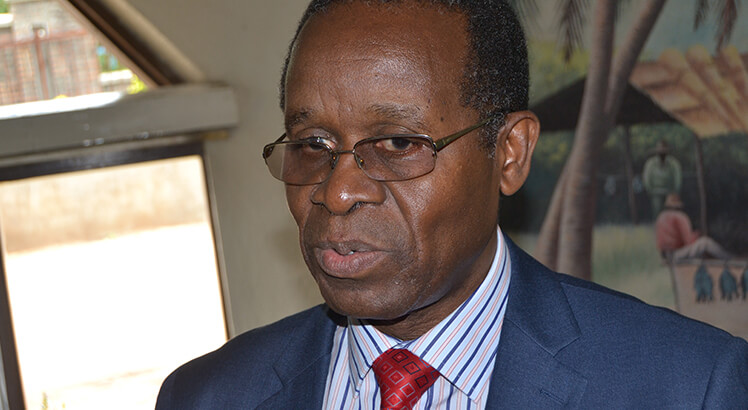
Our Projects are
Transforming African Trade
Quick Contacts
2nd Floor, Fidelity Insurance Centre Waiyaki Way, Westlands

The legislation will facilitate coordinated border controls for efficient cross-border movements of people and clearance of goods. It will also promote international trade by reducing costs.
“It will simplify, harmonise, standardise and modernise border control procedures, resulting in reduced international trade costs by expediting clearance of goods and easing movement of people between Malawi and neighbouring countries,” said Katsonga-Phiri.
The minister said his ministry was receiving complaints of delays and harassment in clearing of goods; hence, the one-stop border post seeks to reduce the number of stops in cross-border trade.
An assessment of challenges faced on borders established that it took an average of six days to clear goods.
“The delays were due to inadequate infrastructure, poor information and commutations technology facilities, inadequate skills, presence of multiple border agencies working in isolation and unharmonised working hours of neighbouring countries,” said Katsonga-Phiri.
He expressed concern that delays on borders affect businesses and make trade uncompetitive, adding that with the one-stop border post system, it should take an hour to clear goods.
Democratic Progressive Party spokesperson on the Bill, Nicholas Dausi said such kinds of Bills should be promoted.
“This will also enhance relationships between Malawi and neighbouring countries. So we support the Bill,” he said.
However, he said Malawi should strive to be an exporter and not just importing products from other countries.
Mzimba North MP Yeremiah Chihana said there is need for the facilities to benefit border districts too.
He said 10 percent of the revenue generated from the border posts should go towards developments in those districts.
Recently, the Southern African Development Community (Sadc) Committee of ministers of trade agreed to fully implement the Sadc Free Trade Area to facilitate free movement of goods.
The free trade areas will ensure increased movement of goods and people from one country to another, which will need improved efficiency in borders.
Read original article
Disclaimer: The views and opinions expressed in this article are those of the authors and do not necessarily reflect the official policy or position of TradeMark Africa.